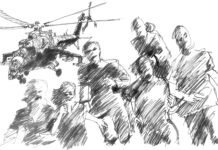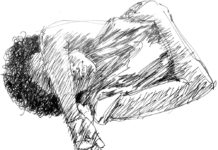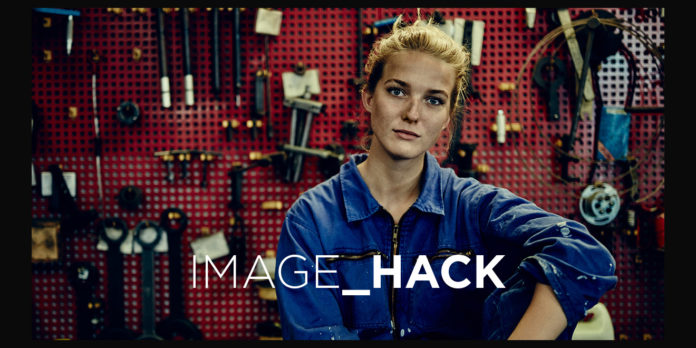As a woman-owned creative agency, we’ve strived to build a body of work that reflects realistic images of women in our portfolio. It hasn’t always been easy, but over the years we’ve been blessed with clients who are compelled to connect with their female customers in a genuine and authentic way—using imagery that reflects real women—“flaws” and all.
Recently, Unilever, the owner of brands Dove and Lynx, pledged to drop all sexist advertising stereotypes from its advertising after research suggested that just 2% of ads depict intelligent women.
Unilever even took it a step further when it created “image_hack,” an interactive campaign aimed at changing the stereotypical way women are portrayed in the media and in marketing. By hacking stock-photo sites, they intend to alter search results and, hopefully, alter the media landscape.
In the process, Dove teamed with Mindshare Denmark and five award-winning advertising photographers to create a plethora of non-stereotypical pictures of women, then uploaded them to the website. Soon, photographers from all over the world joined the cause and, in weeks, thousands of new non-stereotypical pictures were uploaded to the site, completely changing its content.
Using their words, they found a back door to one of the biggest stock sites in the world, Shutterstock, which allows them to upload any image and tag it as they please. With this opportunity, they completely changed certain search results, like “beautiful woman,” to results of real women who are much more authentic to the mainstream.
According to Dove, the job still was not done. They needed other brands to join the mission, too. So, they ran ads that targeted advertisers and agencies representing Ford, Frisko, GFB Pension, Panorm and IT firm any.mac. Others from all over the country joined the initiative by running ads using pictures that Dove uploaded and, before you knew it, the pictures were everywhere.
So far, the image_hack project has had the following impact: 1,729 images are downloaded, 42 brands have joined the mission and the pictures have received 40 million media impressions.
Today’s woman may have tattoos, blue hair, a nose ring, she may wear a pair of mom-jeans, or more likely a pair of yoga pants. She works out but still has a muffin top. She’s still beautiful.
Funny thing. If you look at the women around you, they‘ve been this independent and this beautiful, for a long time. Yet, it’s today’s environment that has created greater opportunity for women to be seen much more as their beautiful, independent self and to more comfortably express who they really are, to not be defined by what others think they need to be.
It’s time for all brands and those who work with them to sit up and take notice and to create a more factual representation of women. When we represent women for who they are, rather than what we think they should be, we’re doing the world a favor.
We’ll help reduce the unrealistic expectations of women. And, for the little girls out there, they’ll see themselves in these women, someone they can aspire to be—a realistic and achievable goal.
And, by the way, women are tired, they’re tired of not seeing themselves reflected in the brands they support. As an industry, we can do better. We must do better.
So, will you portray women authentically for your brand, for your clients? We’d love to see how you’ve done it. Tell us about it, share it with us at www.brandquery.com.
 Jacque Beamer is the president and brand strategist of BrandQuery, an agency headquartered in Mount Vernon, with offices in Seattle. You can contact the author at jbeamer@brandquery.com.
Jacque Beamer is the president and brand strategist of BrandQuery, an agency headquartered in Mount Vernon, with offices in Seattle. You can contact the author at jbeamer@brandquery.com.






